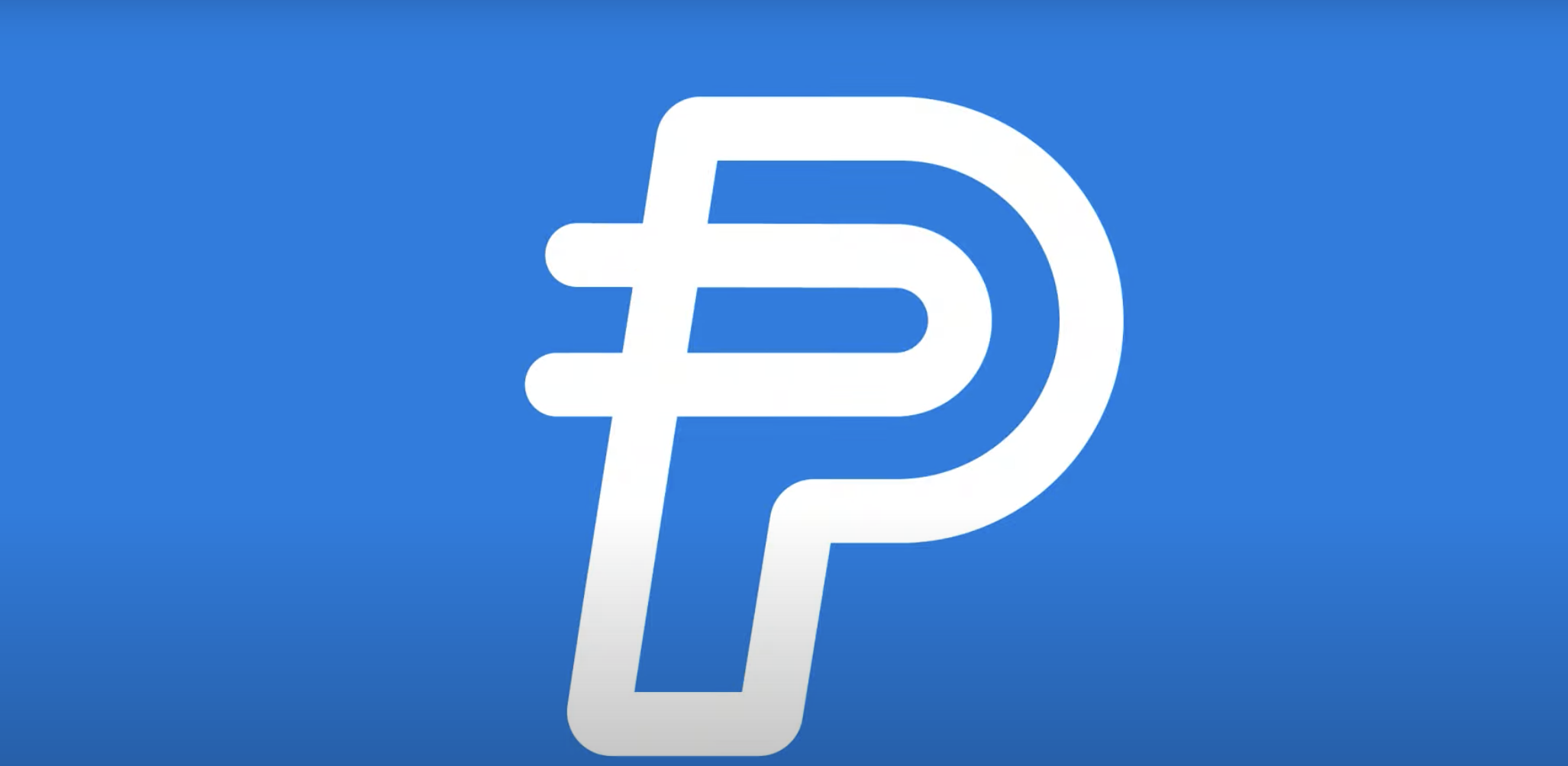
PayPal Enters the Stablecoin Arena Introducing PYUSD
In a groundbreaking move that reaffirms its commitment to the world of cryptocurrencies and digital payments, PayPal, the American financial technology giant, has launched its own stablecoin called PayPal USD (PYUSD). This recent development is set to revolutionize the digital payments landscape, and as a seasoned fintech expert with over a decade of experience, I’m here to delve into the details and implications of this exciting news.
PYUSD, a U.S. dollar-pegged stablecoin, is a collaborative effort between PayPal and Paxos Trust Co. With its backing secured by U.S. dollar deposits, short-term Treasurys, and cash equivalents, this stablecoin is designed to provide a seamless and reliable digital payment solution. Built on the Ethereum blockchain, PYUSD is positioned for utilization in digital payments and Web3 applications. Its imminent availability to United States customers will further expand its reach and utility.
This strategic move by PayPal aligns with its broader efforts to establish a prominent presence in the world of cryptocurrencies. With over 350 million active users, PayPal aims to tap into the growing demand for cryptocurrency-based payment options. This stablecoin venture follows PayPal’s introduction of crypto payments on its platform in 2020, which already allows users in the U.S. and the United Kingdom to buy, sell, hold, and transact in cryptocurrencies like Bitcoin, Ether, Bitcoin Cash, and Litecoin.
PayPal’s CEO, Dan Schulman, envisions PYUSD becoming an integral part of the payments infrastructure. This launch is particularly noteworthy due to the fact that PayPal is the first major payment processor to venture into the stablecoin market. The CEO believes that blockchain technology, in conjunction with stablecoins, will play a pivotal role in transforming the financial industry.
The entrance of PYUSD into the market comes at a time when regulatory discussions surrounding stablecoins are gaining momentum. While the stablecoin market currently boasts a circulating supply of approximately $126 billion, PayPal’s new offering is poised to provide a unique and compliant alternative, addressing regulatory concerns and market demand alike.





